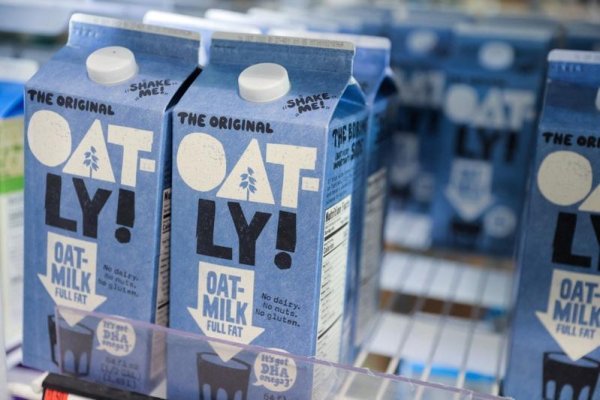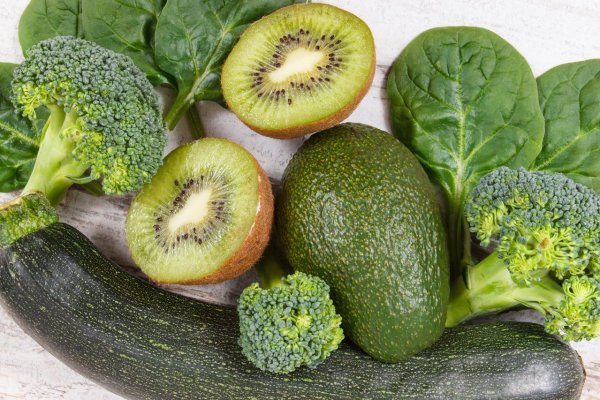No need to eat, no complexity. 4 simple eating methods can help improve overall health and longevity

Most people understand that your daily diet is closely related to health. Many studies have found that the food we eat affects our emotions, weight, kidney bacteria, and even our chances of chronic diseases such as type 2 diabetes, heart disease and cancer. In addition, some studies have found that eating the right food can help prolong your life.
However, eating healthy foods is not necessarily complicated, nor does it mean you have to adopt restrictive diets. The following 4 dietary methods have been studied and proven that you can make these choices every day to improve overall well-being.
{9 99} 1. Eat more protein and fiberLight research on diet and weight reduction found that overweight men and women are most successful in reducing weight and improving health after certain habits, and the two most important habits they implement are increasing protein and fiber intake.
Researchers pointed out that protein can increase foot feeling, make you eat less, and it also has a heat-producing effect. This means that protein digestion will burn more calories than fat and carbohydrates.
fiber can promote hormones that inhibit appetite and promote microorganisms in the kidney to produce short-link fatty acids, which is beneficial to the health of NYC. The fiber also helps maintain digestive health and keeps us feeling full for longer. At the same time, it also helps control blood sugar and lowers pyrosterol.
2. Eat less super-processed foodsA clinical trial at the National Institute of Health found that those who consume super-processed foods consume additional 500 calories per day and quickly increase their weight. Many large studies have shown that people who consume large amounts of ultra-processed food have higher risks of type 2 diabetes, heart disease and cancer.
Super processed foods are usually packaged foods that contain a lot of ginger, sugar, fat and some additives you won't find in most home kitchens, such as synthetic flavors, emulsifiers, preservatives, artificial pigments and artificial sweeteners. They include packed dry puffs, donuts, hot dogs, potato chips, sugary breakfast cereals, carbonated drinks and chilled entrees.
You can identify super processed foods by reading food tags and replace them with less processed alternatives, and pay attention to the following obvious characteristics, such as more than three unidentified ingredients, thickeners, stabilizers and emulsifiers, or added sugars and sweeteners.
3. Intake of Omega-3 fatty acidsStudies have shown that people who often eat seafood are less likely to die from heart disease or develop Alzheimer's disease and dementia. Scientists believe this is largely because oily fish contains omega-3 fatty acids that are beneficial to brain and cardiovascular health.
Therefore, omega-3 supplements have become quite popular. But studies have shown that getting omega-3 fatty acids from supplements is not as good as getting cognitive and cardiovascular health as getting from food. In many studies, omega-3 fatty acids from diet sources have been better than omega-3 supplements.
If you don't eat seafood, you can consider adding chia seeds, flax seeds or walnuts to your diet. These seeds are a good source of omega-3 fatty acids, and you can easily add them to Eagle, smoothies, salads and oatmeal porridge.
【














